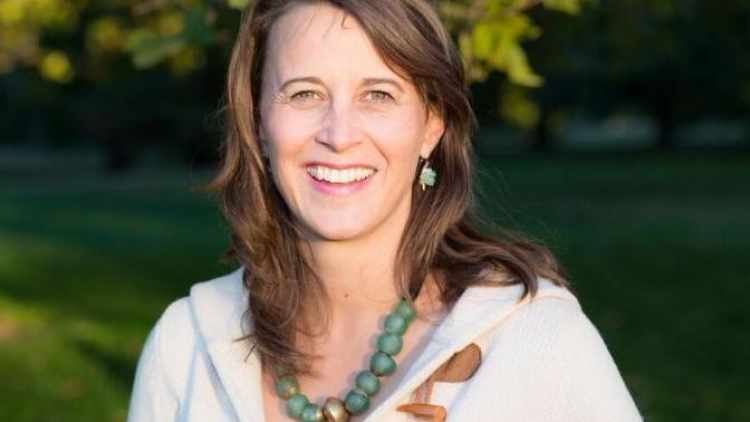The last few months have seen an unprecedented number of natural disasters in the shortest time span ever. From what seemed like a serial of hurricanes over the Caribbean and America’s South-Eastern States, with Irma, Juan and Maria hitting different regions at different times and with different grades of impact, to earthquakes in Mexico and raging wildfires in California.
Leonardo di Caprio pointed out in his film ‘Before the Flood’ how the US is being flooded by rising sea levels and hurricanes on the East and incinerated by drought on the West coast. To me this image of a vast continent such as North America, with its myriad climate zones and spanning five time zones, literally being ‘under attack’ by climate change speaks volumes. Just the visualisation of water taking over one side and fire the other is symbolic as to what we are dealing with when it comes to global warming. It shows how all the elements in our atmosphere are affected by the rise in temperatures. Fire burning our Earth on one side- extinguishing life, rising water levels, on the other, flooding habitats and homes, air pollution choking millions (the WHO estimates that approx. 3 million people die of outdoor air pollution in one year alone)
In view these disasters, some linked to climate change and some not, the impacts are increasingly getting more tangible and are affecting more and more people and their livelihoods.
We were on the side lines watching how Hurricane Irma impacted one of the our clients, the beautiful Eden Rock-St Barths, which is part of the Oetker Collection. Thankfully, none of the staff were hurt and all got away relatively lightly compared to some other islands in the region; and Eden Rock-St Barths has already scheduled an extensive program of restoration and further improvement for summer 2018.
The Oetker Collection was quick to react and relocated many of the staff to other hotels within the group. But the core team has remained on the island and its efforts to help others in more need is exemplary. Despite difficulties with logistics and transport, they managed to collect 20 boxes of clothes from hotel staff and donate those to some of the residents of the sister island, St Martin. Here the catastrophic winds as well as the driving rain, lashing their mountainous areas for hours, caused server flooding and tore roofs from many homes.
Many of these islands are entirely dependent on tourism as their main income, so for them not being able to re-open for the main season now in the winter can also have catastrophic economic consequences. Therefore, it is imperative for us working in this sector to continue our efforts to mitigate the effects as climate change as much as possible in order to avoid entire regions losing their incomes.
READ THE AUTUMN 2018 NEWS BULLETIN



